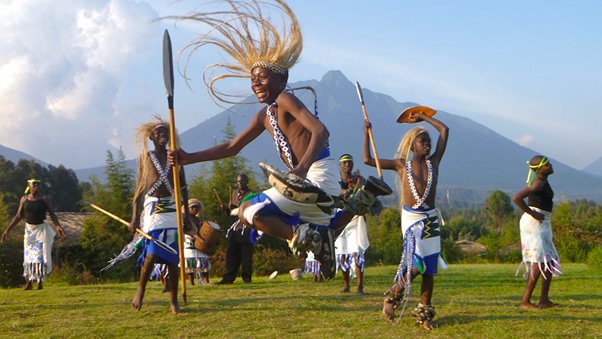What to pack for Mount Bisoke Hike

Mount Bisoke Hike
Mount Bisoke Hike, also known as Visoke, is an active stratovolcano located in the Virunga Mountains of Central Africa. The Virunga Mountains span across the borders of Rwanda, Uganda, and the Democratic Republic of the Congo. Here’s a brief history and overview of Mount Bisoke:- Formation: Mount Bisoke is part of the Virunga Volcanic Chain, which includes several other notable peaks such as Mount Karisimbi, Mount Nyiragongo, and Mount Mikeno. These volcanoes are situated within the Virunga National Park and are known for their diverse ecosystems and rich biodiversity.
- Geography and Height:
- Mount Bisoke stands at an elevation of approximately 3,711 meters (12,175 feet) above sea level.
- It is characterized by a large crater lake at its summit, called Lake Ngezi.
- Volcanic Activity:
- Mount Bisoke is classified as an active stratovolcano, meaning it is built up by many layers of hardened lava, tephra, pumice, and ash.
- While it has been active historically, the last recorded eruption occurred in 1957.
- Virunga National Park:
- Mount Bisoke is located within Virunga National Park, a UNESCO World Heritage Site. The park is known for its diverse flora and fauna, including endangered mountain gorillas.
- The Virunga Mountains are a critical habitat for the endangered mountain gorillas, and efforts are made to protect and conserve these iconic primates.
- Tourism and Hiking:
- The Virunga Mountains, including Mount Bisoke, attract tourists and adventure enthusiasts for hiking and trekking experiences.
- Hiking Mount Bisoke is a popular activity, and the trail to the summit provides breathtaking views of the surrounding landscapes.
- Conservation Challenges:
- The Virunga region has faced challenges related to political instability and armed conflicts, impacting conservation efforts.
- Despite these challenges, various organizations and governments have been working to protect the unique ecosystems of the Virunga Mountains.
- Scientific Research:
- The Virunga Mountains, including Mount Bisoke, have been the subject of scientific research to monitor volcanic activity, study the local ecology, and contribute to conservation efforts.

 If you’re planning to hike Mount Bisoke, it’s important to be well-prepared for the challenging conditions.
Here’s a general packing list to help you prepare for the hike:
If you’re planning to hike Mount Bisoke, it’s important to be well-prepared for the challenging conditions.
Here’s a general packing list to help you prepare for the hike:


